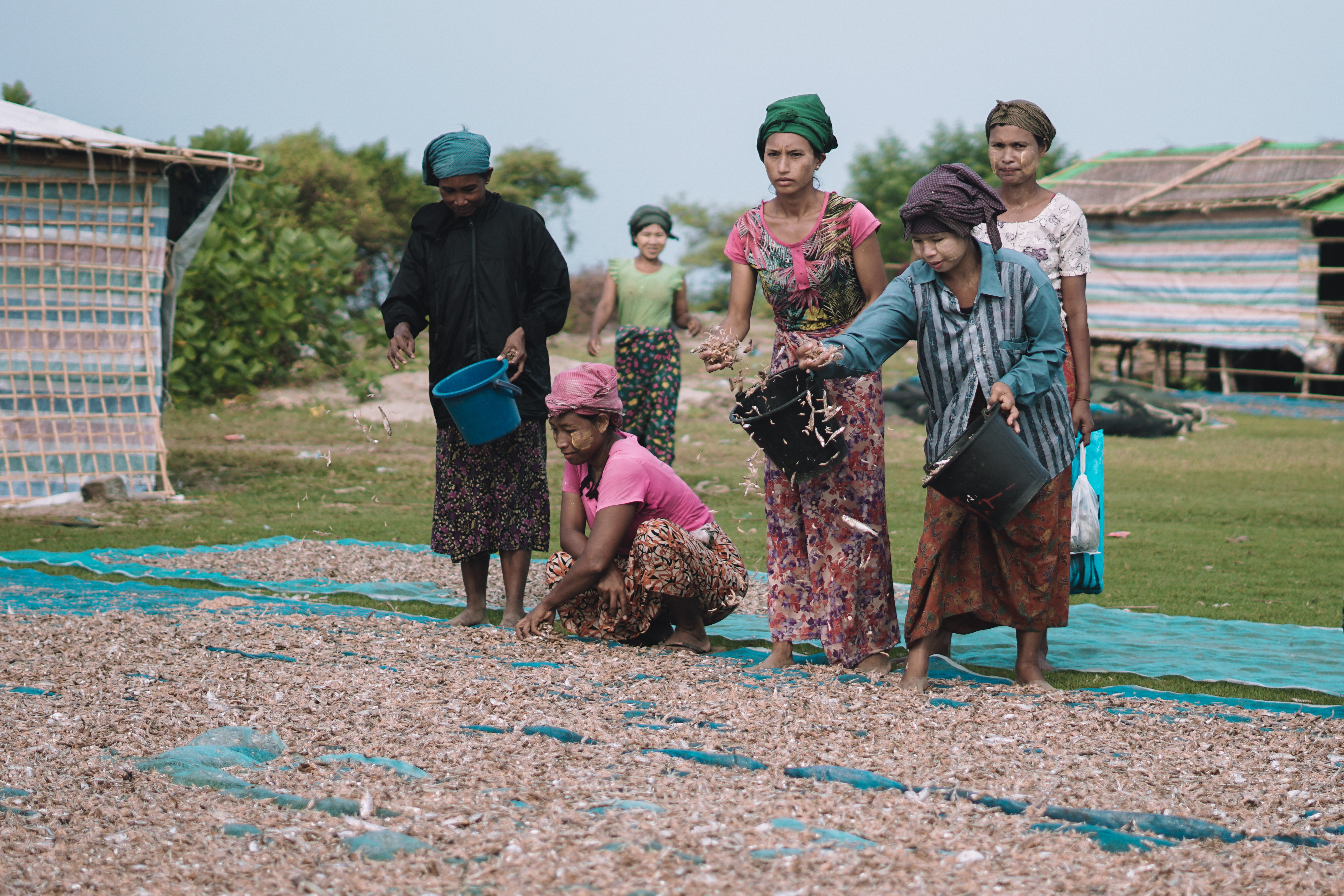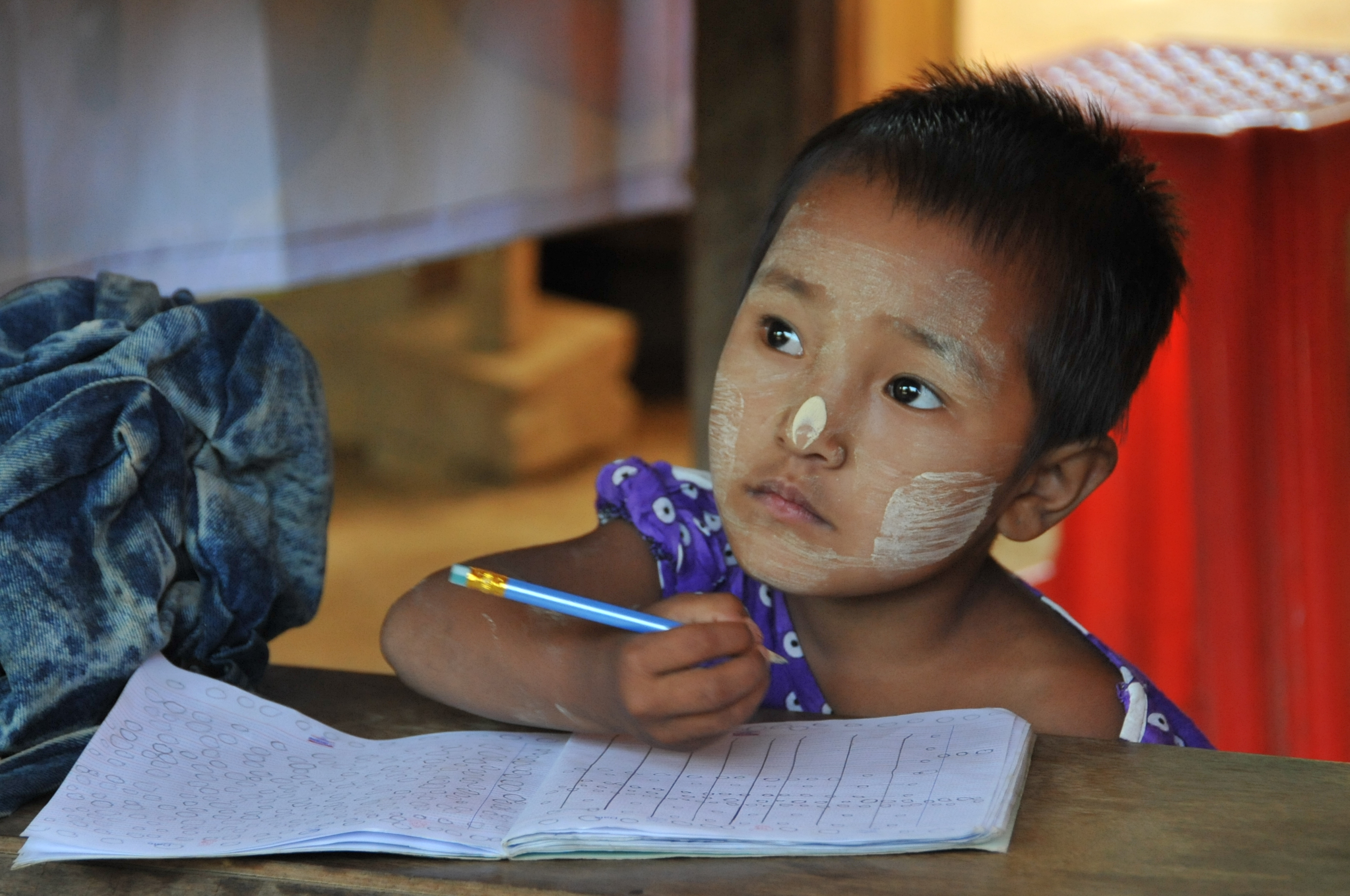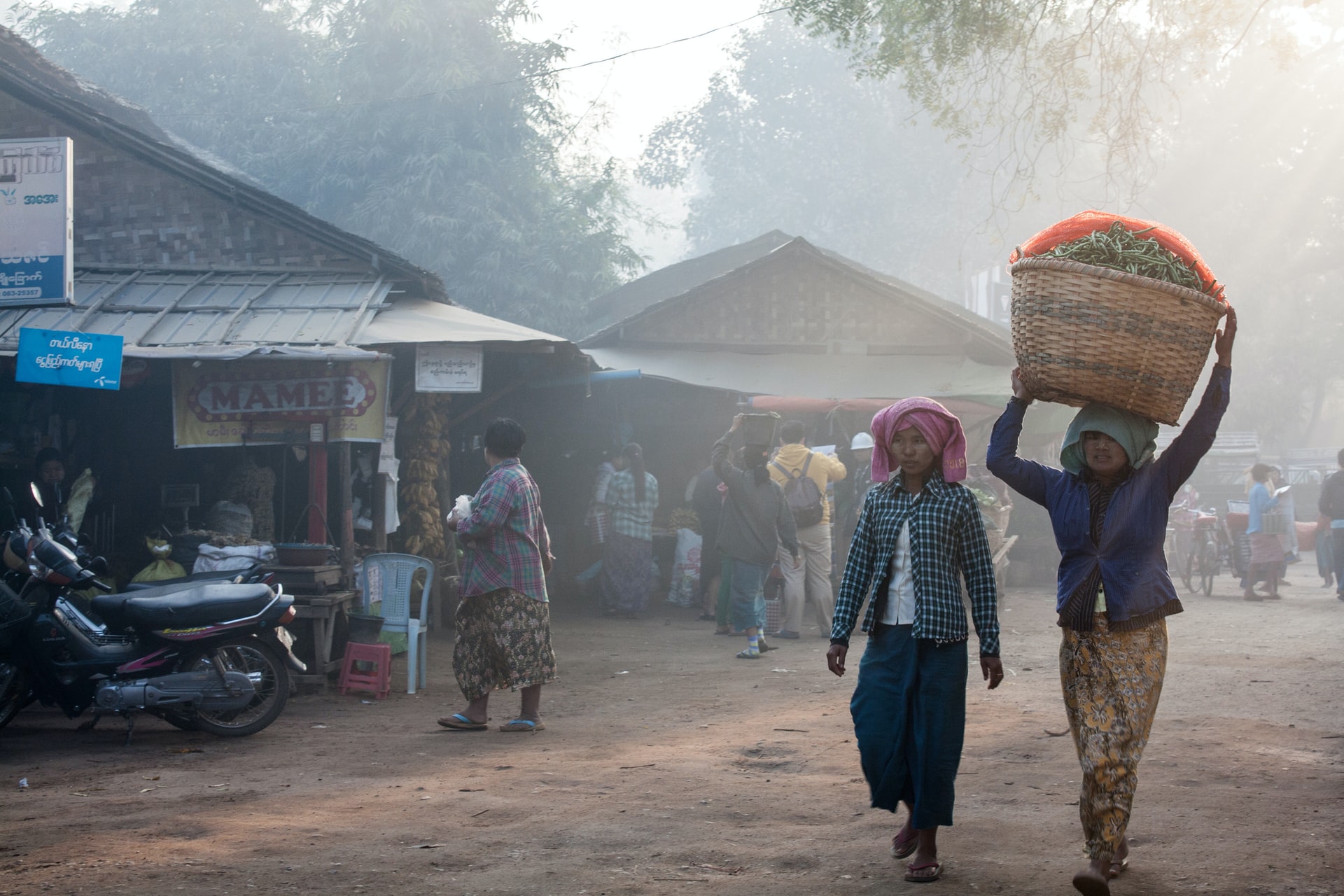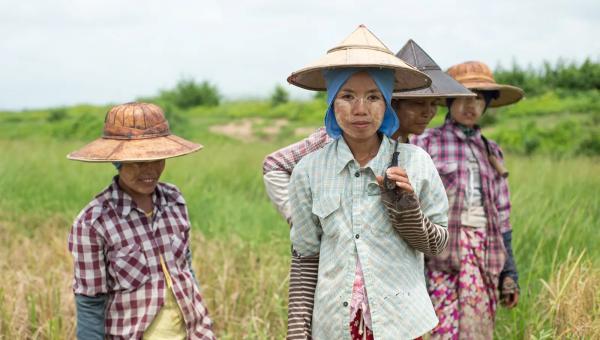Enabling Community Recovery and Resilience (ENCORE)
Nearly half of Myanmar’s population has plunged into poverty due to the economic turmoil caused by the COVID-19 pandemic and the military takeover. Many people have lost their jobs, while inflation and difficulties importing goods have pushed up business operating costs. This has left people struggling to get by on reduced incomes, limiting their access to food, health care and education. UNDP research indicates individuals are adopting risky ways to cope, including selling off assets such as land and vehicles, taking on unsustainable debt, and reducing the amount of food they eat or eating less nutritious food.
UNDP's Enabling Community Recovery and Resilience project (ENCORE) is focused on meeting the critical needs of the most marginalized people in Myanmar to help them survive now, and to build their resilience to ensure they can better withstand future challenges, including those related to climate change. It is helping empower communities to shift from crisis to recovery.
ENCORE incorporates short, intermediate and long-term support. It aims to:
- restore livelihoods and help people earn a decent, stable income
- rehabilitate basic community infrastructure, such as wells and roads
- build social cohesion and community preparedness for future shocks.
Activities have already begun in 25 townships located in eight states and regions in Myanmar. There are plans to expand this to 52 townships across 11 states and regions. Support is tailored to the local contexts, taking into account established traditions and industries, to better ensure long-term success.
An important part of the project involves providing direct assistance to the women who are most marginalized within the communities and who typically have responsibility for both putting food on the table and caring for their families. Bringing together groups of women in similar positions and harnessing existing skills and knowedge, such as animal reading or handicrafts, UNDP supports them to create a small enterprise that provides a reliable income into the future.
For example, in a village in Mon State, UNDP provided funding and training to a group of women to help them start a business making and selling palm mats. These activities help to redistribute household and income responsibilities within households, and also contribute to the overall development of the village.
UNDP also focuses on supporting households with the lowest income in the community by providing opportunities to earn cash working on community development projects, such as repairing and renovating roads, drainage canals and drinking water ponds.
ENCORE activities include wide-ranging support to farmers in Myanmar, including harnessing affordable technological solutions to improve the productivity of their land. From irrigating crops with solar pumps to experimenting with different rice varieties to find the paddy most suited to their land, these projects help to reduce costs and increase incomes.
Achievements
- 78,000 people earned incomes on UNDP "cash for work" community activities, such as rehabilitating water wells and roads.
- 123,000 people benefited from improved infrastructure, helping to facilitate access to basic services and move around their local area to reach local markets, friends and families.
- 202,000 people received in-kind good and cash to help them survive during and after floods and amid the COVID-19 pandemic.

 Locations
Locations










